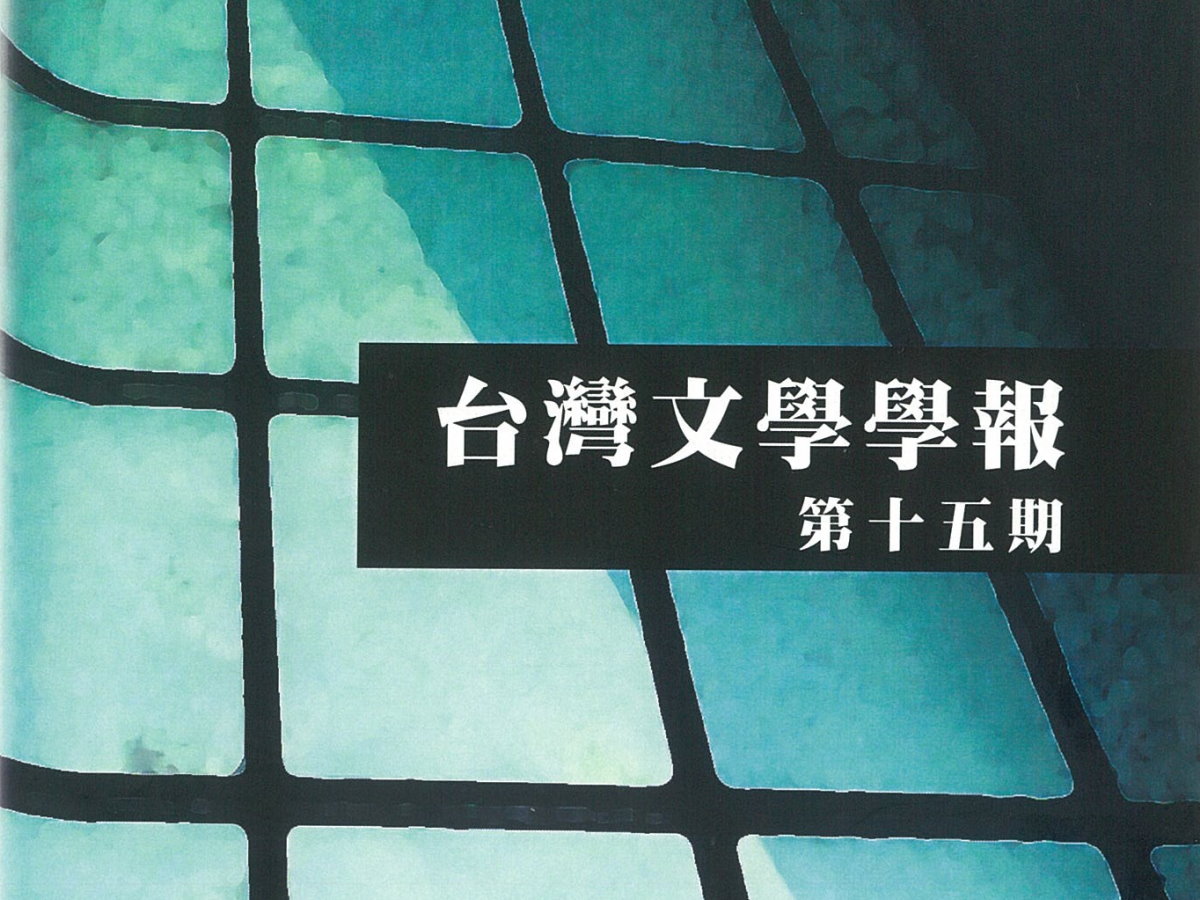2021-04-22
Wu, Ming-Yi, "Engaging by Heart? Or Resigning to Fate?: Discussion on the Writing Features and Horticultural Concept in Liu, Da-Ren‵s Yuan Lin Nei Wai"
Title
Engaging by Heart? Or Resigning to Fate?: Discussion on the Writing Features and Horticultural Concept in Liu, Da-Ren’s Yuan Lin Nei Wai
Author
Wu, Ming-Yi
Associate Professor, Department of Chinese Literature, National Dong Hwa University
Abstract
To the study about nature-oriented literature in Taiwan, I have always believed for the past several years that there are some fields waiting to be developed: first is to clarify the definition of nature-oriented writings, nature writing, and environmental writing. The second is to use Taiwanese postwar novel and poetry as research subject and continue to explore hidden “nature consciousness” in text, the third is to investigate writing meanings in specific environment and landscapes, the fourth is to discuss nature consciousness in Native Taiwanese Han language literature Han language writings. This is a preliminary study for the third topic.
Liu, Da-Ren is an important overseas novelist and essayist of Taiwan; besides, he is also a devoted sports fan and an amateur horticulturist. The related horticulture writings in his early work, Safari, are even praised as the pioneer in Taiwan. This essay analyzes the implication of “Horticulture Writing” addressed by Liu, Da-Ren and the garden concept through combining Safari and Yuan Lin Nei Wai (2006). Readers could find out that Liu, Da-Ren not only cures his homesickness, talks about his family, recalls his friends by portraying his experiences in landscape gardening and planting over twenty years, but he also considers about his own “Garden Culture Concept”--a planting way of “each in its proper place.” Behind this conception, there is a more macroscopic eco-concept which has existed from his early years. That is, outside the garden, maybe human beings should also reflect upon Eco-Colonialism and Eco-Transformation, and let artificial gardens talk with nature, let each creature be in its proper place.
Through the analysis upon Yuan Lin Nei Wai, this essay in one way carries the “lost” out in Nature-Oriented Literature, and in another way catches a glimpse of the eco-concept and forms of expression of a unique writer. Thus, this essay opens another window and another view for Eco-criticism in Taiwan.













